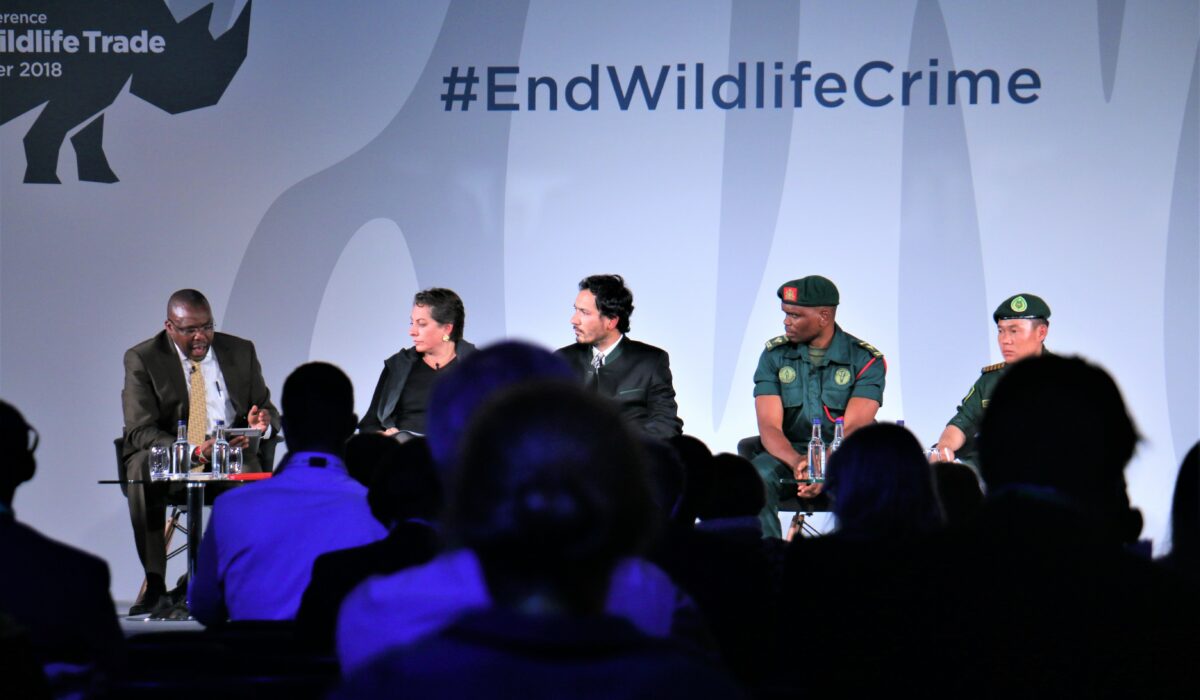New Book by Prof Rosaleen Duffy
Security and Conservation: The Politics of the Illegal Wildlife Trade (Yale University Press).

My new book, Security and Conservation: The Politics of the Illegal Wildlife Trade, is released worldwide today by Yale University Press. It is based on several years of research, centred on trying to understand why conservationists seemed to shift towards security-oriented approaches to tackling illegal trade. The process of researching and writing the book was also part of the inspiration for the Beastly Business Project. Back in 2019, I was working on the BIOSEC Project with Dr Teresa Lappe-Osthege, Dr George Iordachescu and Dr Hannah Dickinson; collectively we could see that trade in European wildlife was overlooked in debates about tackling IWT- the focus was much more clearly on charismatic Asian and African mammals. Furthermore, we talked together about how the framing of IWT as perpetrated by shadowy, organised crime networks made it harder to draw attention to the ways legal businesses could be involved in IWT. Therefore, we wrote the Beastly Business grant application together, and the rest is history.

In Security and Conservation I analyse the effect of framing IWT as a security issue, and as a matter of crime, policing and law enforcement. In particular, the recent recasting of IWT under the broader umbrella term of ‘wildlife crime’ has played an important role in integrating conservation with the security sector. Put very simply, defining IWT as a matter of crime and security prompts responses that are focused around better law enforcement, enhanced compliance, and mitigation of security risks. This shift matters because it moves the focus of conservation policy away from seeing IWT as produced by inequalities between wealthier consumers and poorer suppliers, or as a wider structural issue of development, lack of opportunity, and the dynamics of the global economy.

It shapes understandings of who or what can be perpetrators of wildlife crime – labelling all illegal hunters of wildlife as poachers and criminals does not address why some people continue to engage in hunting wildlife when it is against the law; there is a range of reasons, including because they have no alternative opportunities or because they do not recognize the legitimacy of laws instituted during colonial rule that forbade access to or use of wildlife in the area. In Security and Conservation I use a political ecology perspective to bring these wider issues to the fore. Turning back to thinking about our current Beastly Business project, it is impossible to understand, or tackle, IWT in brown bears, songbirds and European eels in Europe by narrowly focusing on it as just wildlife crime and as a matter of policing and security; instead it is imperative to develop a better understanding of how IWT is embedded within the structures of global capitalism.
You can read more about the book, and a sample chapter, here.
